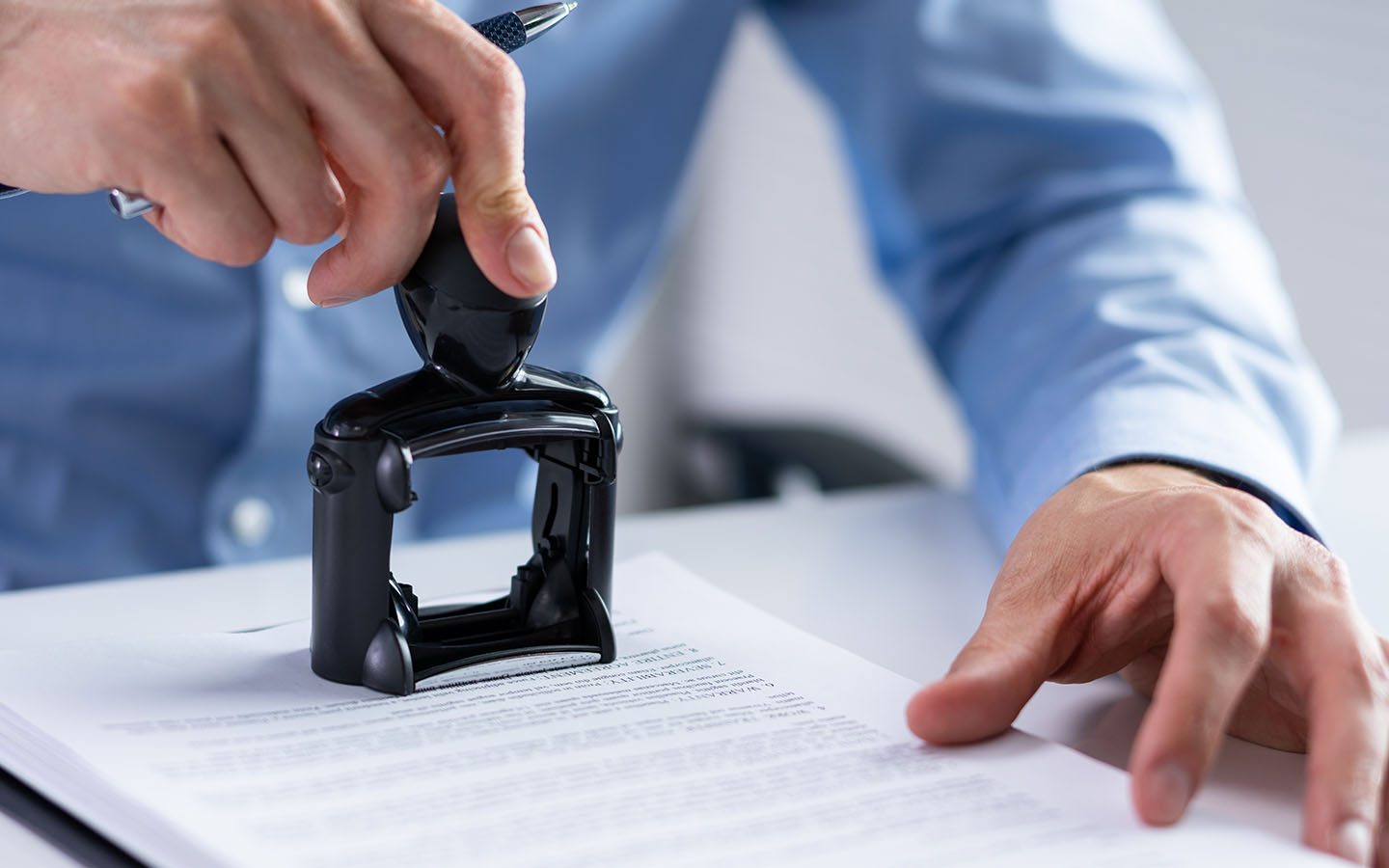The intersection of Artificial Intelligence (AI) and copyright law has given rise to a complex legal landscape that presents both opportunities and challenges for small businesses. As AI-generated content becomes increasingly prevalent, many questions and concerns have emerged, testing the boundaries of ownership, protection and regulation.
In this article, we'll delve into the intricacies of AI and copyright in the UK, providing insights and guidance for entrepreneurs and small businesses who find themselves at the crossroads of innovation and legal complexities.
Can AI be copyrighted and what is the current AI copyright law in the UK?
In the UK, copyright law traditionally requires a human author to establish ownership of copyrighted works. The Copyright, Designs and Patents Act (CDPA) outlines that a work created by a computer alone is not eligible for copyright protection.
The CDPA considers the person responsible for arranging the AI's operation as the author. This implies that the copyright for AI-generated content may rest with the developer or programmer rather than the AI itself. It's a legal precedent that underscores the collaborative nature of AI's creative output. This approach also acknowledges the human role in developing AI systems and sets the stage for defining ownership.
Do brands have legal ownership over content?
Brands leveraging AI to create content must navigate the legal intricacies surrounding ownership. If you invest in developing or training an AI system to produce content, you may establish a claim to the copyright. However, these legal waters can become murky, this is where the importance of clear agreements and documentation becomes even more important.
Can AI infringe copyright?
AI's ability to generate content has raised concerns about copyright infringement. AI systems can unintentionally create works similar to existing copyrighted material. While AI itself cannot be held liable for infringement, those responsible for its operation and usage may be subject to copyright disputes.
Is AI text copyrighted?
AI-generated text, whether it's articles, stories, or poetry, poses intriguing copyright challenges. The CDPA's definition of computer-generated works extends to text, meaning the authorship is attributed to the one who arranged the AI's operation. The precise ownership depends on the circumstances and agreements in place.
Who owns AI art copyright and can AI artwork be copyrighted?
AI-generated images can be attributed to the individuals or organisations that facilitated the AI's operation. If you’re engaged with AI technologies you should be aware that they might hold the copyright for content produced by the AI systems you employ.
While the artwork itself may not possess copyright, those orchestrating the AI's actions hold the rights. Understanding and formalising agreements regarding AI-generated art is important to prevent disputes.
Midjourney lawsuit – shaping the future of AI art copyright
The Midjourney lawsuit has ignited a significant legal battle. In January 2023, digital artists filed a class action lawsuit against Stability AI, Midjourney, and the image-sharing platform DeviantArt. This lawsuit raises fundamental questions about AI and copyright. It hinges on whether content generated by AI should be considered a derivative work, challenging existing copyright norms.
The future of AI and copyright in the UK
The Science, Innovation and Technology Select Committee's recent interim report on The Governance of Artificial Intelligence highlights the intellectual property and copyright challenges posed by AI. These challenges emphasise the need to protect content creators' rights as AI leverages copyrighted works, particularly through web scraping and the creation of new content.
Collaboration between the creative industry and the AI sector is proposed to develop a licensing framework for copyrighted materials used in AI training. The UK Intellectual Property Office (UKIPO) is also exploring a voluntary code of practice on copyright and AI, though the progress remains undisclosed.
The Culture, Media and Sport Select Committee also recently published its report on Connected Tech: AI and Creative Technology. In this report, the committee recommends that the UK government does not pursue proposals suggested by the UKIPO to introduce a broad copyright exemption for commercial text and data mining (TDM). While the UKIPO's proposals aimed to introduce exceptions to copyright and database rights for commercial TDM, with no opt-out option for rights holders, the committee's recommendation advises against pursuing these proposals.
Get legal assistance from LawBite
The collision of AI and copyright is ever-evolving and brings into question many aspects of human creativity. As AI technologies advance, the legal framework will adapt to address the complex challenges that arise.
To protect your business, you must stay informed, seek legal advice when necessary and establish clear agreements to navigate this uncharted territory.
At LawBite, we believe in doing law differently, making legal services accessible to entrepreneurs and small businesses. As the legal landscape changes, our Intellectual Property (IP) lawyers can guide you through the intricacies of AI and copyright law, ensuring your business is protected and positioned for success. To speak to one of our expert lawyers about AI and IP, book a free 15 minute consultation or call us on 020 3808 8314.



